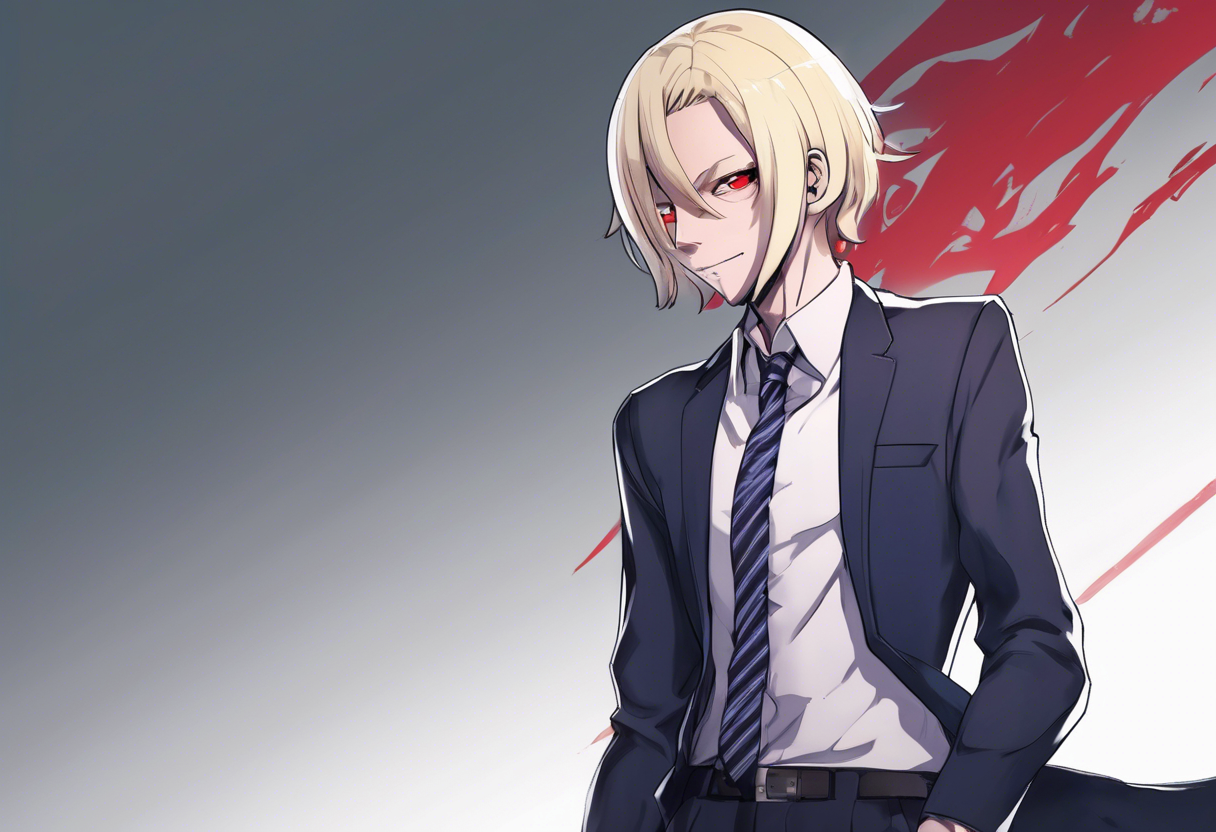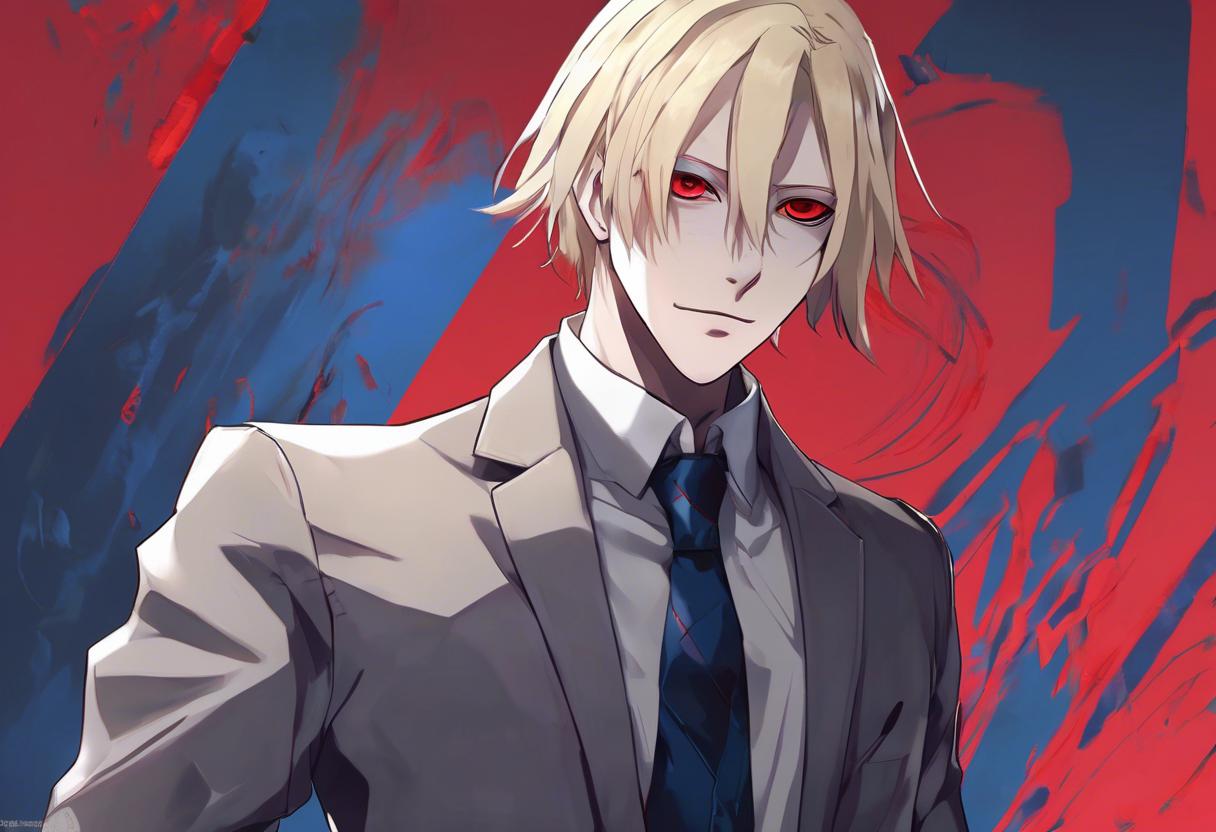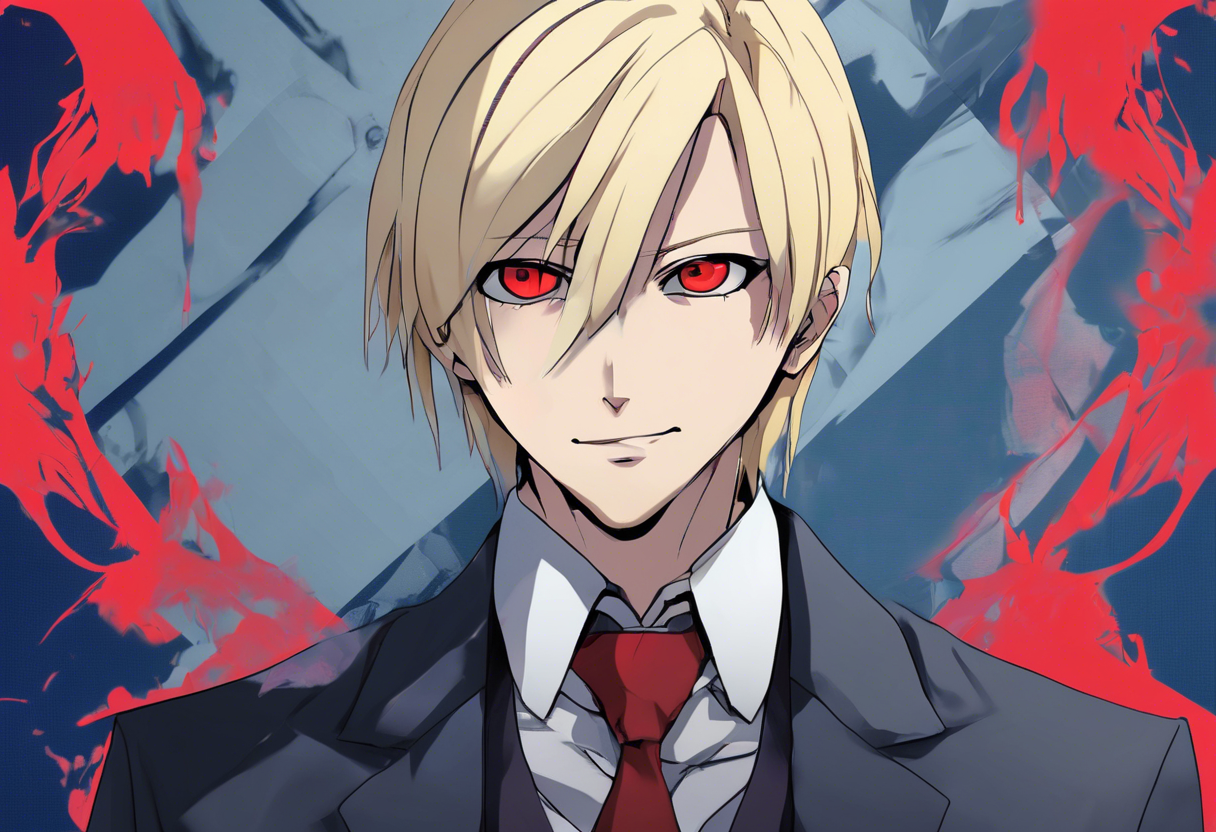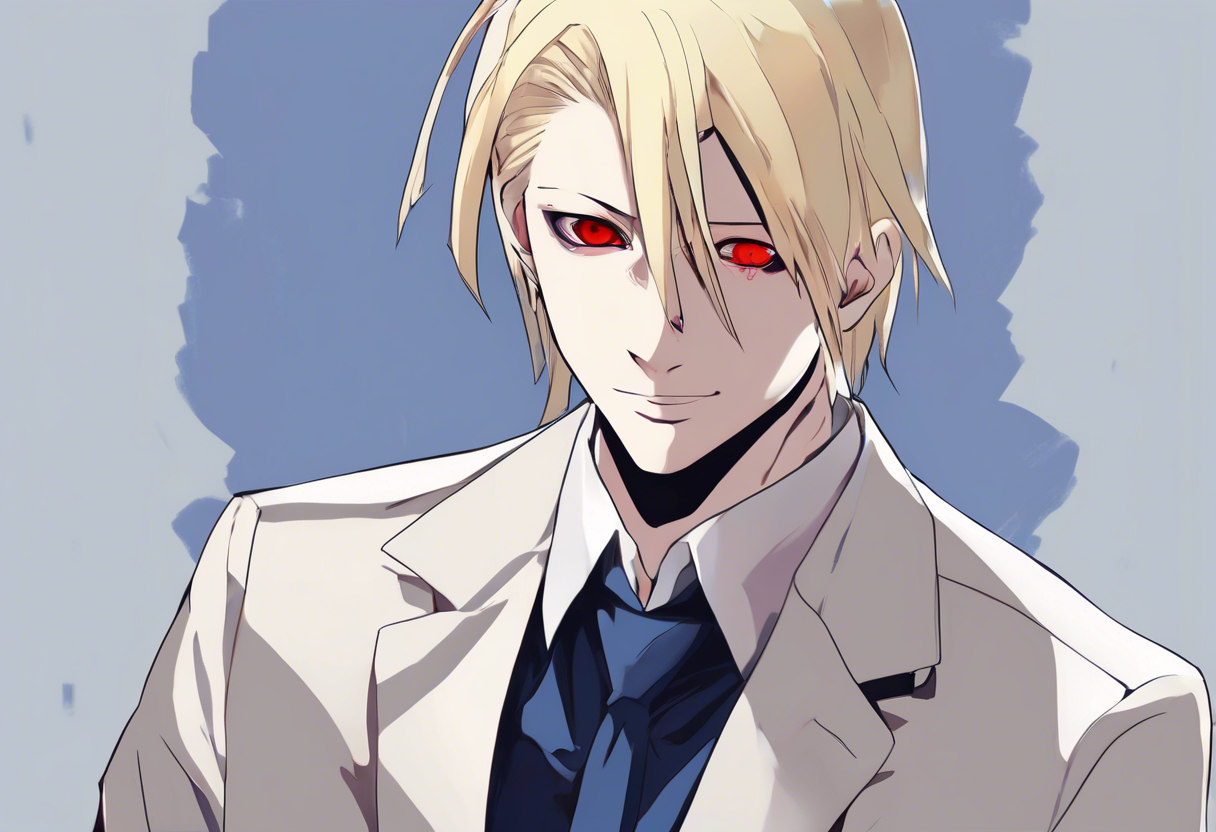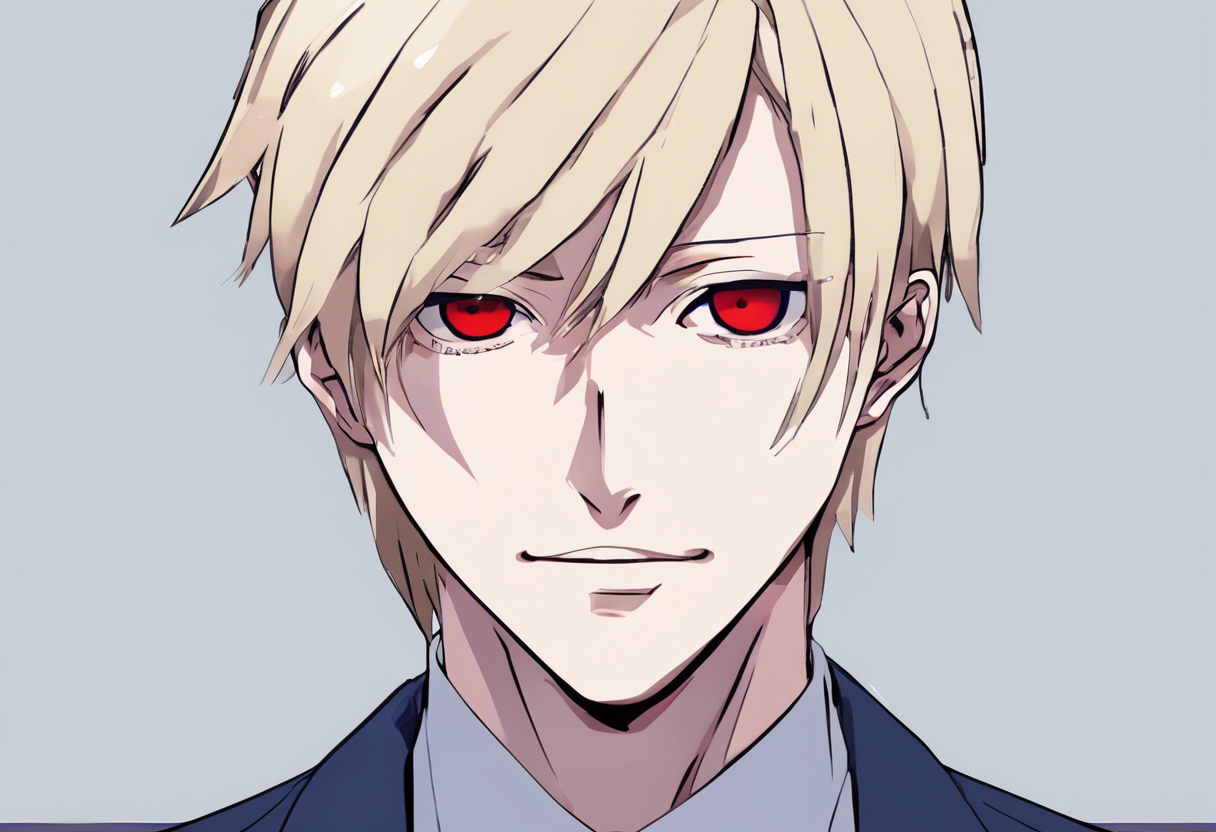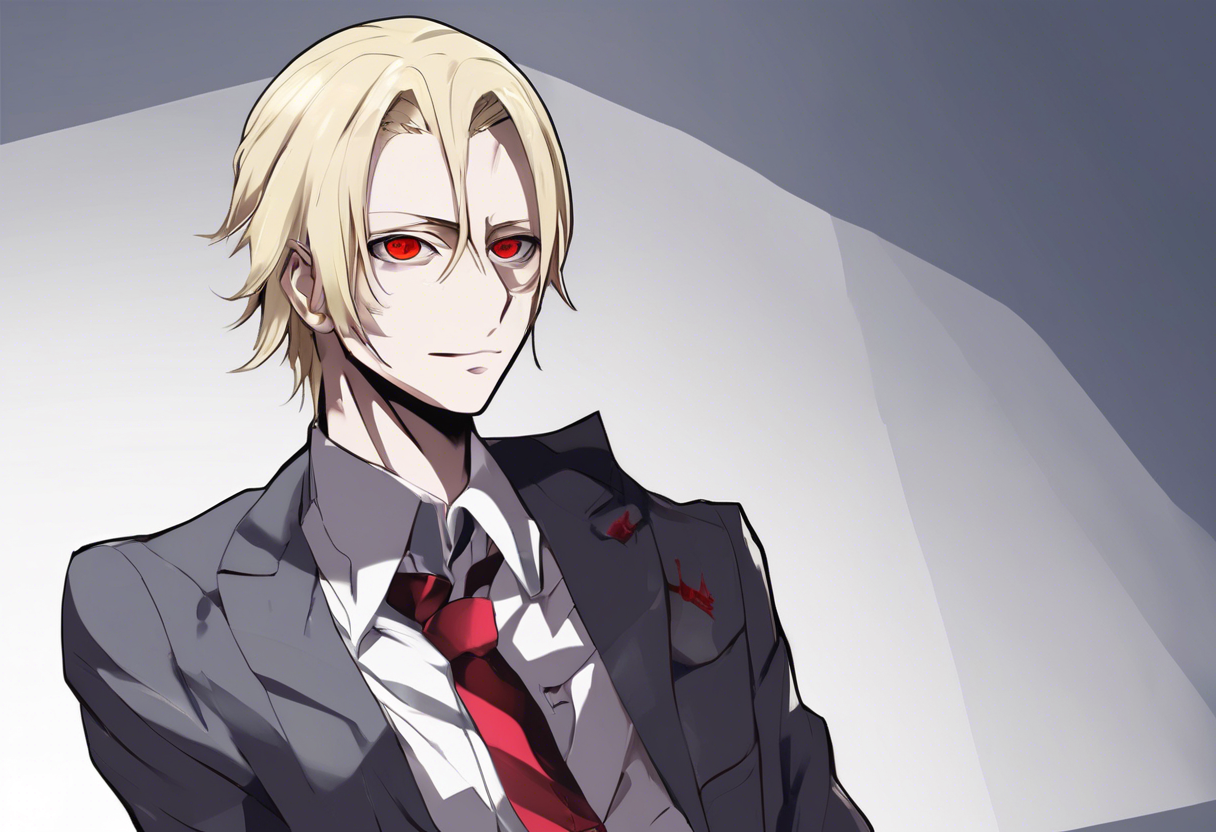Contents
Naki: The Complex and Sincere Ghoul of Tokyo Ghoul
Introduction
Naki, a pivotal character in the anime and manga series Tokyo Ghoul, is a ghoul whose life is marked by a complex mix of loyalty, innocence, and a deep-seated need for connection. Created by Sui Ishida, Naki’s character adds a rich layer to the narrative, exploring themes of friendship, sacrifice, and the blurred lines between good and evil.
Naki’s background is one of isolation and eventual devotion. He was imprisoned in Cochlea, the CCG’s ghoul prison ward, before being liberated by Aogiri Tree, a powerful ghoul organization, due to his association with the notorious ghoul, Yamori [1][3].
Naki’s defining attributes include his unwavering loyalty and a childlike personality that makes him both endearing and vulnerable. His innocence and trust in others often lead him into precarious situations, yet these traits also make him a unifying force among his peers. Naki’s narrative function is to highlight the human side of ghouls, challenging the binary view of ghouls as mere monsters.
Role in the Story
Naki’s arc in Tokyo Ghoul is characterized by his evolution from a devoted follower of Yamori to a leader in his own right. Initially, Naki’s life was deeply intertwined with Yamori’s, whom he met after challenging him to a fight and subsequently begging to follow him. This relationship was unique in that it softened Yamori’s usually sadistic demeanor, showing an uncharacteristic patience with Naki [2][3].
Naki’s imprisonment in Cochlea was a direct result of his actions to protect Yamori, demonstrating his willingness to sacrifice himself for those he cares about. Upon his liberation by Aogiri Tree, Naki was devastated to learn of Yamori’s death, which left him feeling profoundly alone and motivated him to protect his new comrades to avoid similar feelings of loneliness [2][3].
Throughout the series, Naki makes pivotal choices that reflect his growth and adaptability. He reluctantly joins forces with adversaries, such as Sasaki, to protect his group, showcasing his ability to unite others for a common cause despite personal differences [2].
Naki’s involvement in major plot developments includes his role in the conflict against the CCG and his interactions with other key characters like Tsukiyama. His naivety is highlighted in his immediate trust of Tsukiyama during a temporary alliance, which underscores his tendency to see the good in others, even in the face of adversity [2].
Character Analysis
Naki’s personality is a complex blend of confidence, impulsiveness, and emotional vulnerability. He boasts about his strength and his role as Yamori’s right-hand man, yet this confidence is often overshadowed by his childlike innocence and trust in others [3].
One of Naki’s greatest strengths is his sincerity and willingness to shield his friends from danger, even if it means putting himself at risk. This selflessness is a recurring theme in his character, making him a beloved and respected figure among his peers [2].
However, Naki’s innocence and lack of tactical awareness also serve as significant weaknesses. He is often manipulated, such as by Dr. Kano, who exploits his belief that his deceased friends could be brought back to life. This naivety can lead to harmful ignorance and poor decision-making [2].
Despite these flaws, Naki’s personal growth is evident as he navigates the complexities of his world. He learns to balance his loyalty with a growing sense of responsibility and leadership, making him a more rounded and compelling character.
Themes and Symbolism
Naki’s character is deeply intertwined with several themes central to Tokyo Ghoul. One of the most prominent themes is the concept of loneliness and the human need for connection. Naki’s actions are often driven by a desire to avoid the loneliness he felt after Yamori’s death, highlighting the emotional pain of isolation and the importance of relationships [3].
Another theme associated with Naki is the power of sacrifice and loyalty. His willingness to risk his life for others underscores the depth of his emotional connections and challenges the viewer to question what it means to be loyal and selfless in a world filled with conflict and danger.
The symbolism of Naki’s character also extends to the broader message of the series regarding the nature of ghouls and humans. Naki’s innocence and trust in others serve as a counterpoint to the more cynical views of characters like Yamori, emphasizing that even in a world of monsters, there can be genuine goodness and humanity [2].
Cultural Impact
Naki has had a significant cultural impact within the Tokyo Ghoul fanbase and beyond. His unique blend of strength and vulnerability has made him a favorite among fans, who appreciate his sincerity and selflessness. This is reflected in the various fan art, wallpapers, and other merchandise dedicated to his character [4][5].
Naki’s influence can also be seen in how he has shaped the perception of ghouls within the series. His character humanizes ghouls, making them more relatable and sympathetic, which has contributed to the series’ broader appeal.
Critical Reception
Critics and viewers have responded positively to Naki’s character, praising his sincerity and the depth he brings to the story. He is often cited as one of the most compelling characters in Tokyo Ghoul:re, with his consistent willingness to protect his friends being a highlight of his character development [2].
However, some critics have noted that Naki’s naivety and lack of common sense can be frustrating at times, making him vulnerable to manipulation and poor decision-making. Despite this, his overall impact on the narrative and his emotional resonance with audiences have been widely acclaimed.
Legacy
Naki’s legacy in the world of anime is significant. He has contributed to the evolution of character archetypes by embodying a complex mix of strength, vulnerability, and innocence. His character challenges traditional notions of heroism and loyalty, making him a memorable and impactful figure in the genre.
Naki’s influence can also be seen in how he has shaped anime discourse around themes of loneliness, sacrifice, and the humanization of characters typically viewed as monsters. His character serves as a reminder of the importance of emotional connections and the power of selflessness in a world filled with conflict.

